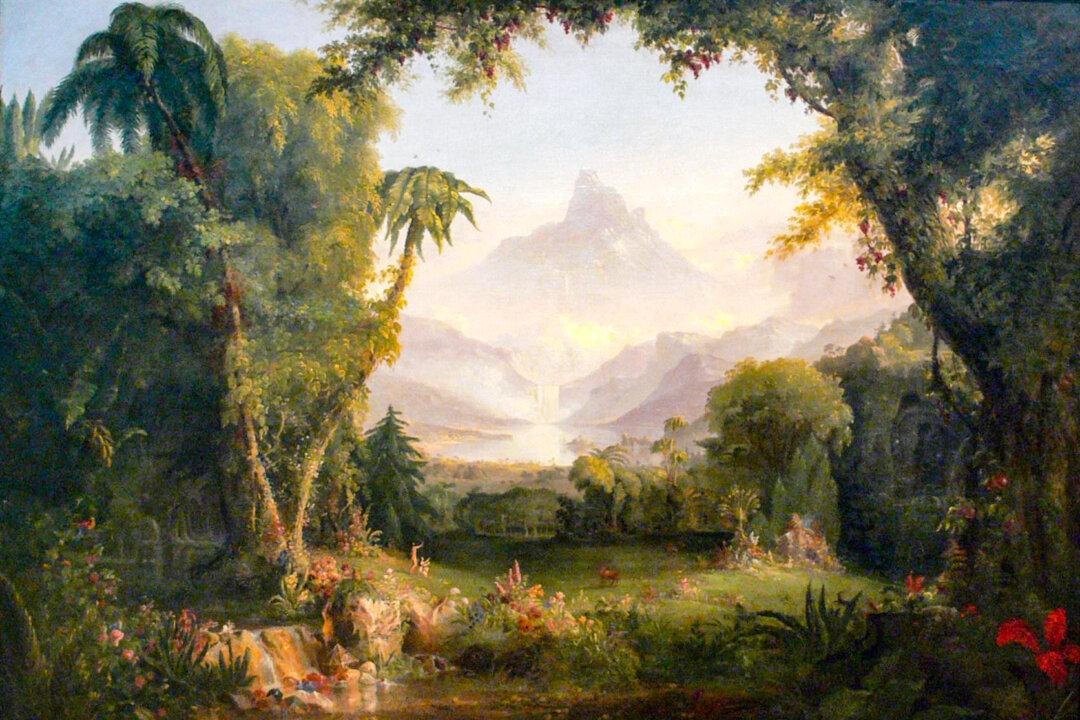I remember decades ago taking a college class on the history of the Pacific Northwest. That class included a discussion of the utter awe, sometimes fear-inspiring awe, that the early settlers in Virginia and the East Coast had for that vast western wilderness beyond the Mississippi River. It was unlike what they were used to in England at that time, where the land had long been squared off and parceled. In other words, land management had it under control, for the most part.
In many cases, it took deep-thinking intellectuals to advocate for a spiritual connection to the wilderness and eventually to its exploration and preservation as a symbol of American strength and majesty. One such man, John Muir, was an influential Scottish American naturalist, botanist, writer, and environmental philosopher in the 1800s who earned the nickname “Father of the National Parks.” He was a strong advocate for the preservation of America’s wilderness areas.






